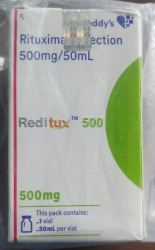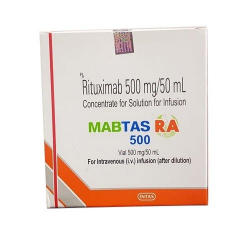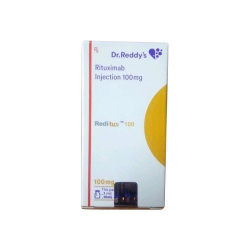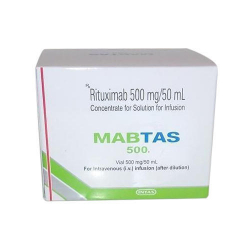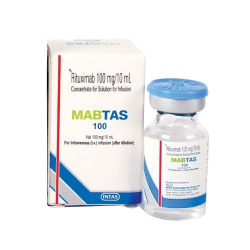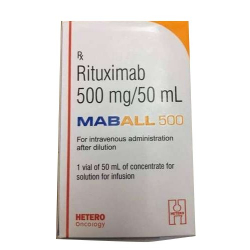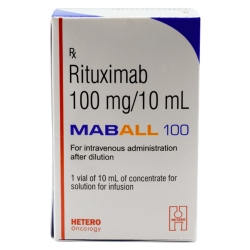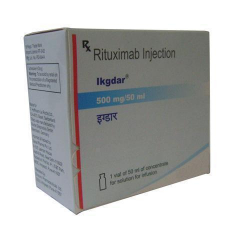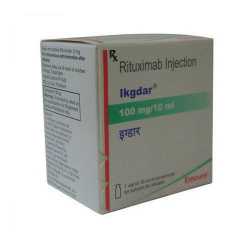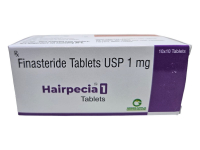
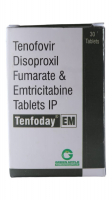

Rituximab
Rituximab Uses
Rituximab is used to treat certain types of cancer (such as non-Hodgkin's lymphoma, chronic lymphocytic leukemia). It works by slowing or stopping the growth of cancer cells.
Some brands of rituximab are also used to treat rheumatoid arthritis and can decrease joint pain and swelling. This drug is also used to treat certain types of blood vessel disease (such as granulomatosis with polyangiitis, microscopic polyangiitis) and can decrease the swelling of the blood vessels. Rituximab is also used to treat a certain skin condition (pemphigus vulgaris). It helps to reduce the number of skin lesions.
This monograph is about the following rituximab products: rituximab, rituximab-abbs, and rituximab-pvvr.
How to use Rituximab Concentrate
Read the Medication Guide provided by your pharmacist before you start using rituximab and each time you get a refill. If you have any questions, ask your doctor or pharmacist.
Your doctor should prescribe other medications (such as acetaminophen, an antihistamine, methylprednisolone) for you to take before each treatment to help reduce side effects, such as fever and chills. Carefully follow your doctor's instructions.
This medication is given by slow injection into a vein by a health care professional as directed by your doctor. The dosage and treatment schedule are based on your medical condition, body size, and response to treatment.
Rituximab Side Effects
See also Warning section.
Nausea, vomiting, headache, dizziness, joint/muscle pain, weakness, or flushing may occur. If any of these effects last or get worse, tell your doctor or pharmacist promptly.
People using this medication may have serious side effects. However, your doctor has prescribed this drug because he or she has judged that the benefit to you is greater than the risk of side effects. Careful monitoring by your doctor may decrease your risk.
Tell your doctor right away if you have any serious side effects, including: swelling hands/ankles/feet, increased thirst/urination, numbness/tingling of arms/legs.
Rituximab sometimes causes side effects due to the rapid destruction of cancer cells (tumor lysis syndrome). To lower your risk, your doctor may add a medication and tell you to drink plenty of fluids. Tell your doctor right away if you have symptoms such as: low back/side pain (flank pain), signs of kidney problems (such as painful urination, pink/bloody urine, change in the amount of urine), muscle spasms/weakness.
This medication can decrease blood cells, which can cause anemia, decrease your body's ability to fight an infection, or cause easy bruising/bleeding. Tell your doctor right away if you develop any of the following symptoms: easy bleeding/bruising, black/tarry stools, vomit that looks like coffee grounds, signs of an infection (such as sore throat that doesn't go away, fever, chills), unusual tiredness, pale skin.
A very serious allergic reaction to this drug is rare. However, get medical help right away if you notice any symptoms of a serious allergic reaction, including: rash, itching/swelling (especially of the face/tongue/throat), severe dizziness, trouble breathing.
This is not a complete list of possible side effects. If you notice other effects not listed above, contact your doctor or pharmacist.
Rituximab Precautions
Before using rituximab, tell your doctor or pharmacist if you are allergic to it; or to any rituximab products; or if you have any other allergies. This product may contain inactive ingredients, which can cause allergic reactions or other problems. Talk to your pharmacist for more details.
Before using this medication, tell your doctor or pharmacist your medical history, especially of: lung disease, heart problems (such as irregular heartbeat, previous heart attack), bleeding/blood disorders, current/recent infections.
This drug may make you dizzy. Alcohol or marijuana (cannabis) can make you more dizzy. Do not drive, use machinery, or do anything that needs alertness until you can do it safely. Limit alcoholic beverages. Talk to your doctor if you are using marijuana (cannabis).
Before having surgery, tell your doctor or dentist about all the products you use (including prescription drugs, nonprescription drugs, and herbal products).
Rituximab can make you more likely to get infections or may worsen any current infections. Avoid contact with people who have infections that may spread to others (such as chickenpox, measles, flu). Consult your doctor if you have been exposed to an infection or for more details.
Do not have immunizations/vaccinations without the consent of your doctor. Avoid contact with people who have recently received live vaccines (such as flu vaccine inhaled through the nose).
To lower the chance of getting cut, bruised, or injured, use caution with sharp objects like razors and nail cutters, and avoid activities such as contact sports.
Older adults may be at greater risk for heart problems (such as irregular heartbeat) or lung problems while using this drug.
During pregnancy, this medication should be used only when clearly needed. It may harm an unborn baby. Ask about reliable forms of birth control while using this medication and for 1 year after stopping treatment. If you become pregnant, talk to your doctor right away about the risks and benefits of this medication.
It is unknown if this drug passes into breast milk. Because of the possible risk to the infant, breast-feeding while using this drug and for at least 6 months after treatment is not recommended. Consult your doctor before breast-feeding.
Rituximab Interactions
Drug interactions may change how your medications work or increase your risk for serious side effects. This document does not contain all possible drug interactions. Keep a list of all the products you use (including prescription/nonprescription drugs and herbal products) and share it with your doctor and pharmacist. Do not start, stop, or change the dosage of any medicines without your doctor's approval.
Some products that may interact with this drug are: other drugs that weaken the immune system/increase the risk of infection (such as tofacitinib, natalizumab, fingolimod).
Note: We strongly encourage you to talk with your health care professional about your specific medical condition and treatments. The information contained in this website is meant to be helpful and educational, but is not a substitute for medical advice.
Rituximab View Uses, Side Effects and Medicines, cost, Rituximab price.














